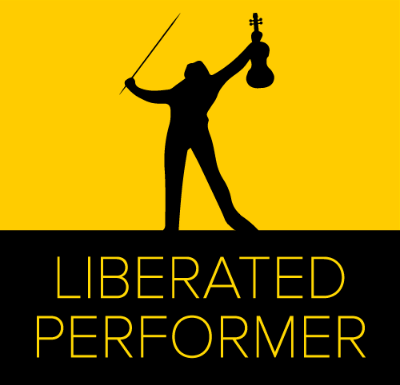How to Improve Creativity In Music Part 2: Jazz World
Welcome to the second part of improving your creativity in music! In part one, we explored the importance of historical performance. In this part, I will share my experience visiting the jazz culture and all the amazing things that came of it.
Let me first just say how grateful I am to my quartet ETHEL and their past work. Before I joined, they built amazing relationships that still grow today. One of the relationships they built was with Laurence Hobgood. Who is Laurence Hobgood? He's first and foremost a great soul. Music runs through him like nobody else. Check out his music and you'll quickly realize why he has a Grammy (with Kurt Elling and ETHEL). The other collaborator was Michael Ward-Bergeman. Who is Michael Ward-Bergeman? He is one of the most insanely creative and awesome minds to be around. Check out his music with Yo-Yo Ma and his 365gig challenge.
Without further a due, here is a short list of obstacles I had to overcome which ultimately made me a better musician.
The First Obstacle
For 20 something years of my life, I had learned to follow musical directions to the smallest detail. In classical music, we prepare our pieces by planning about every aspect such as bow distribution in order to replicate it on stage. However, in Jazz, there's this thing called improvisation.
Improvisation is a challenge because you can't prepare for it. Well, that is half true because you can develop the skill and practice improvising but you get what I mean. When that solo comes around and you have to create it on the spot, you don't have time to replicate the bow distribution you worked on for hours. In that moment, you rely on your skills, face the very likelihood of playing the "wrong note", and create something that will never be replicated again. The risk and originality is part of what makes improvising so beautiful and impressive. But why develop this skill? I find that developing this skill allows me to become more and more comfortable with playing the wrong note, performing in the present moment, and trusting my skill sets that I've practiced for thousands of hours. The skill also allows me to have an extra fail safe if I forget a part of a song because hey, I can just make something up until I get back on track. It's simply liberating.
The Second Obstacle
CM7 to F#-7b5.
Yep. The skill of hearing and identifying chords in order to know what notes to play. In jazz, notation can be in the form of charts which contain chord progressions as opposed to specific notes written out like a detailed Mahler symphony. Charts of course can vary but the classical score will typically provide more markings.
Now this might not be a challenge for some as I've seeing doctoral students viciously write down chord progressions to symphonies in real time, but for the majority of us, it takes a lot of focus. So, how does one manage to do this? Unfortunately, there is no easy answer. You have to earn it by training your ear to a level most classical conservatories don't push you to. However, nothing but positives come out of training your ear to boss mode.
The Third Obstacle
I was raised in an environment where I walk on stage, bow, play my piece, then bow again. This is a great art form, but it can make classical music a very serious experience. After all, the audience is trained to sit quietly and the musicians are trained to focus on their music. It is an amazing site to see and has many benefits. However, too much of this seriousness can create a one dimensional performer.
So, what happens if you place a serious classical musician into a jazz show?
That's right. An epic range of performance experiences and one big realization.
During my first couple of jazz performances, I quickly realized that I was not having enough fun. The musicians around me had this sense of joy, charisma, and freedom. There were crazy solos, bantering, clapping after solos, audience engagement, and other aspects that blew my mind. I will never forget this type of performance energy because it showed me that there doesn't have to be this barrier between audience and performer, taught me that I could have even more fun on stage, and forced me to develop more ways to create energy for the audience.
Conclusion
So there you have it. It's a short but powerful list of aspects that can help you expand your artistic skills and vision. Without my continued pursuit of jazz performances, I wouldn't feel as comfortable in the face of the unknown (improvising), have my ear as developed (crazy chords), and communicate to my audience as powerfully (breaking down the barrier and having a great time).
Let me know if you have any questions and leave a comment below!
-Coach Cory
contact@liberatedperformer.com

